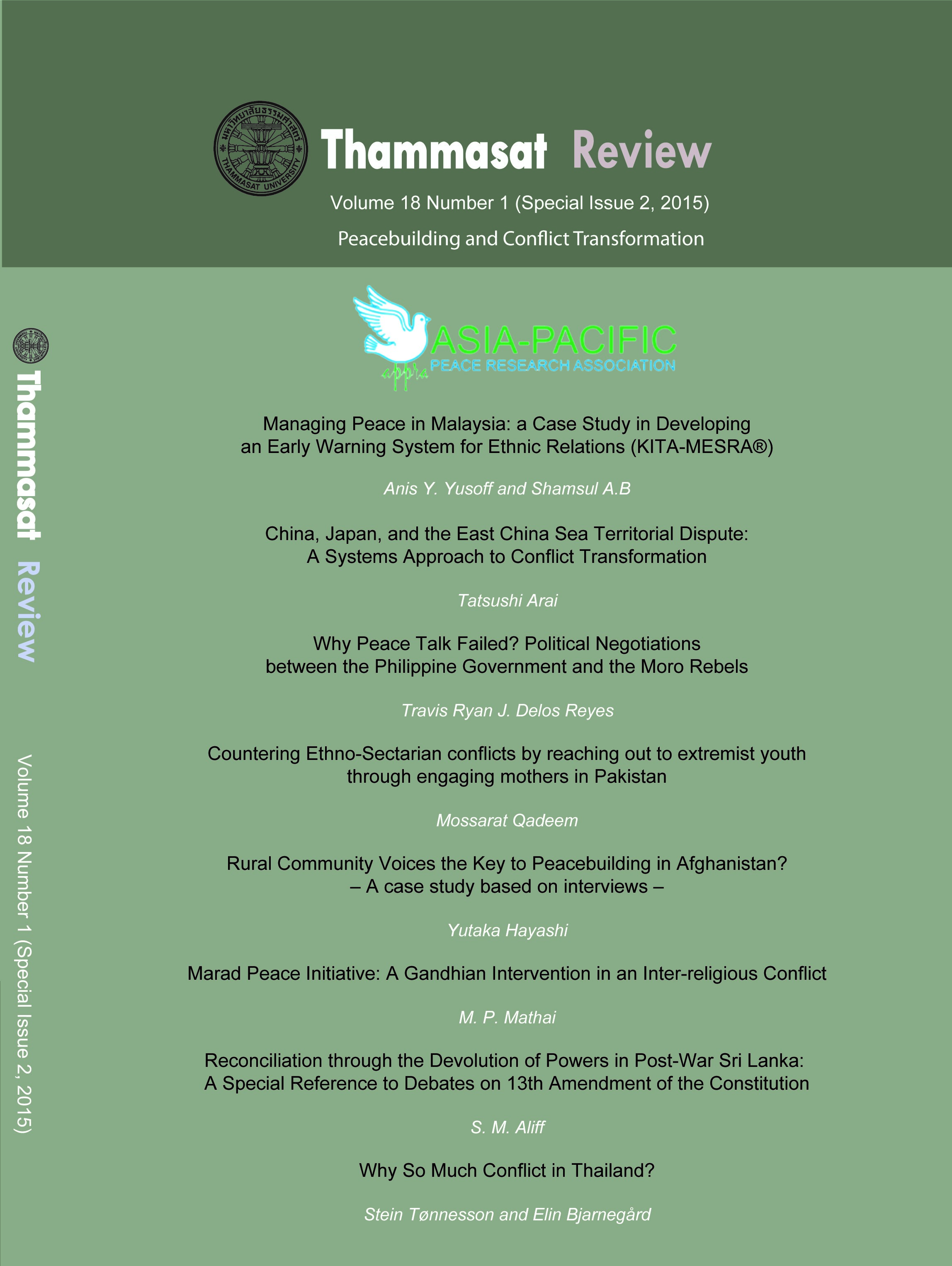Why Peace Talk Failed? Political Negotiations between the Philippine Government and the Moro Rebels
Abstract
In spite of people's unity, armed communist movements in the Philippines continued to be resilient. According to Rivera (2005), this resiliency is a testimony to the persistency of the socio-economic conditions of the armed movements that have nurtured its struggles and failures. This paper is limited to the Government of the Republic of the Philippines – Moro National Liberation Front - Moro Islamic Liberation Front (GRP-MNLF-MILF) peace talks and agreements in the hopes of solving the territorial disputes in Mindanao. The main focus of this paper is the analysis on the dynamics of the peace talks that have traversed from former Presidents Corazon Aquino to Gloria Macapagal-Arroyo in the years 1986 to 2004.To analyze this negotiation, Carrot and Stick Approach was used to see how the Philippine government responded to such crisis. Based on this approach, two episodic facets were formulated to understand further government actions in terms of its conciliation abilities. This paper ends with lessons learned and recommendations.
Keywords: Political Negotiations, Peace talks, Mindanao Conflict, Bangsamoro
Downloads
How to Cite
Issue
Section
License
The opinions and ideas expressed in all submissions published in Thammasat Review are solely that of the author(s) and do not necessarily reflect that of the editors or the editorial board.
The copyright of all articles including all written content and illustrations belong to Thammasat Review. Any individuals or organisation wishing to publish, reproduce and distribute a particular manuscript must seek permission from the journal first.






